Have you ever come across a book which fundamentally altered your idea about yourself? Renowned Psychologist & Nobel Laureate in Economics, Daniel Kahneman, by writing “Thinking Fast & Slow”, has achieved just that. In the process, he has uncovered many secrets behind the various quirks of our mind which influence the way we make decisions under risk.
As an investor, aren’t we faced with the possibility of risk every time? Aren’t we always keen to know more about the deep, murky secrets of human mind that can affect our wealth and happiness? The answer is ‘YES’.
To unlock the answers to these questions, please read on!
Why are we always in two minds?
The answer lies in the 1st Part of the book, wherein we are introduced to what the author has called as ‘Two Systems’. These are the two characters of our story:
- System 1 – The intuitive, impatient, automatically triggered part of our mind; over which we have little control.
- System 2 – The conscious self, that allocates attention to mental activities, which needs effort, concentration & ability to make decisions.
Then, following set of startling disclosures are revealed:
- System 2 normally gives a go ahead to whatever freewheeling intuitions the System 1 has to make to save the mental effort.
- System 1 though mostly correct is capable of making blunders!
- It is these systematic errors, in System 1 which leads us to do the blunders, making us deviate from ‘rationality’.
This book is dedicated to understanding these systemic faults inherent in System 1.
How do the two minds work together?
- System 1 constantly bombards the conscious System 2 with its impulsive suggestions, normally approved by the latter without many changes.
- System 2 comes into play when it detects a threat or when System 1 is too taxed & it attends to the difficulty by allocating mental effort.
- System 2 has a fixed capacity, which, it allocates based on the importance of the challenge at hand, while the lesser tasks are allocated the spare capacity.
Our System 2 is Lazy!
Our System 2 is a Lazy controller, which generally loathes mental work. It has two functions:
- Solving Problems
- Self-Control of impulses.
As a result, it has the following chinks in its armour:
- Depletion: When we are tackling tough problems, we lose our ability of self-control.
- With depletion, System 1 takes over & influences our thoughts to sometimes cause a failure of rationality.
- System 1 arrives at intuitions by exploring, simultaneously, multiple branches of associated ideas in our mind, created through repeated exposure.
- We have an innate tendency to assume, ideas that are easy to grasp for us, as true & familiar.
- We look at the world in terms of cause & effect, which is a fallacy of System 1, as it is incapable of statistical thoughts.
Thus, we have a tendency to let our feelings affect our decisions & we strive to reduce our mental load leading to biases.
We are utterly biased!
In Part II, the author talks about our biases. The author reveals that we have the following tendencies:
- We look at the content of messages, but not its reliability. This deludes us into a state of overconfidence about our decisions.
- Human beings loath randomness, our mind being conditioned to look for a cause behind every fact.
- We are impacted by random thoughts, ideas & facts that we are exposed to, thanks to System 1.
- What we can easily recollect from our memories appears to be familiar & friendly. Anything else is unfamiliar or threatening to us.
- We judge an outcome by being biased towards the obvious & ignoring the probability of the un-obvious.
- System 1 has a tendency to make extreme predictions from the weak evidences.
To sum up, we are inherently ‘over-confident’ & this idea lays the foundation of the next part.
We are Overconfident!
In Part III the author explores the various causes of our overconfidence.
- Pervasive optimistic bias: We are under this illusion that we have substantial control of our lives.
- Loss aversion: People are generally loss-averse, which makes them fear losses more than they love gains.
- Planning fallacy: We have a tendency to overestimate benefits and underestimate costs.
- What You See Is All There Is (WYSIATI): We naively interpret that a future event will mirror a past event.
The key takeaway is, ‘History may not repeat itself! We must give ‘chance’, a chance in our decisions’.
So, how does one make sound economic decisions using all these lessons in Psychology?
In Part IV, he interprets the lessons of the previous sections in terms of economics. Here are the highlights:
- Human beings are neither fully rational nor selfish.
- We take decisions based on whatever information we have, in a given moment.
- A given choice may lead to different levels of satisfaction or ‘utility’ in different people.
- People could be risk-averse or risk-loving & they could have different levels of satisfactions.
- The wealthy would be less sensitive to changes in wealth than the poor.
Thus, happiness derived from a choice depends upon one’s history of previous outcomes.
So, what is the borderline between happiness & misery?
In part V, he concludes his treatise with an exploration of the inner meaning of happiness & well-being.
- We have two selves: The experiencing self & the remembering self.
- While you are reading this, it is the experiencing self that is at play.
- If you ever read the book sometime later & are reminded of this blog, the remembering self will bring its interpretation of the past to you.
- We remember such experiences by the ‘peak-end’ rule.
As per the Peak-End Rule, the remembering self only remembers the peak of pain or pleasure & the way the experience ended. Our level of happiness or misery from recollecting a past experience is decided not by the experiencing self, but by the remembering self.
To sum up, our memory is unreliable & happiness is malleable as per the whims of our remembering self, when seen through the prism of memory!
On the whole, this is a good read for anybody who wishes to know about why & how we make economic decisions in our day to day lives including the way we choose a stock.
If you liked what you read and would like to put it in to practice Register at MoneyWorks4me.com. You will get amazing FREE features that will enable you to invest in Stocks and Mutual Funds the right way.
Need help on Investing? And more….Puchho Befikar
Kyunki yeh paise ka mamala hai
Start Chat | Request a Callback | Call 020 6725 8333 | WhatsApp 8055769463




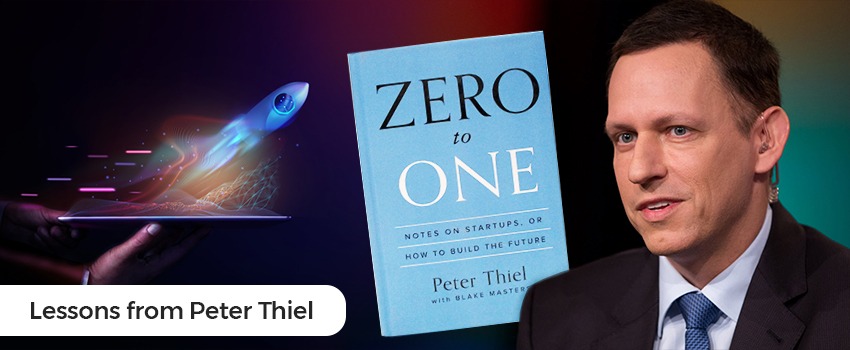
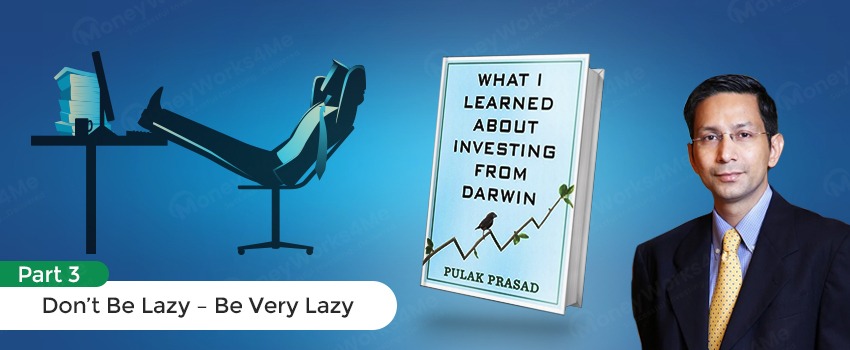
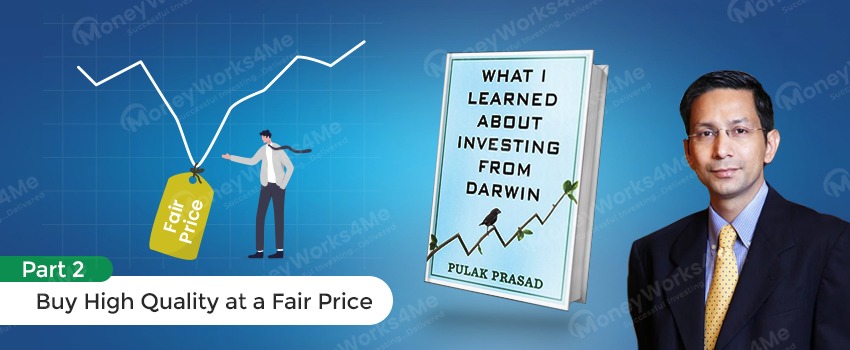
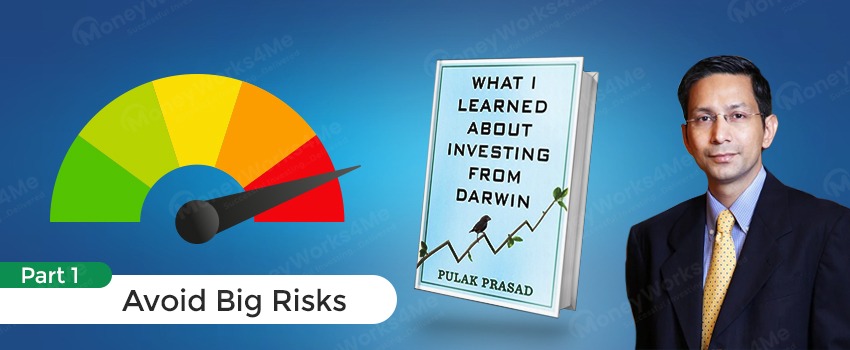
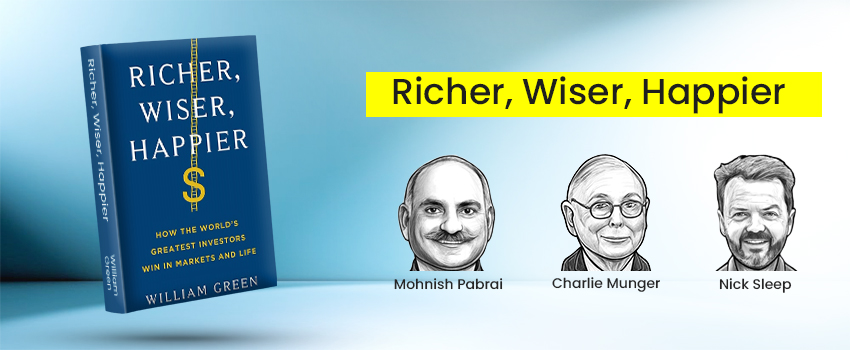

Great overview of the book. Provides a good insight. Very well written Indeed